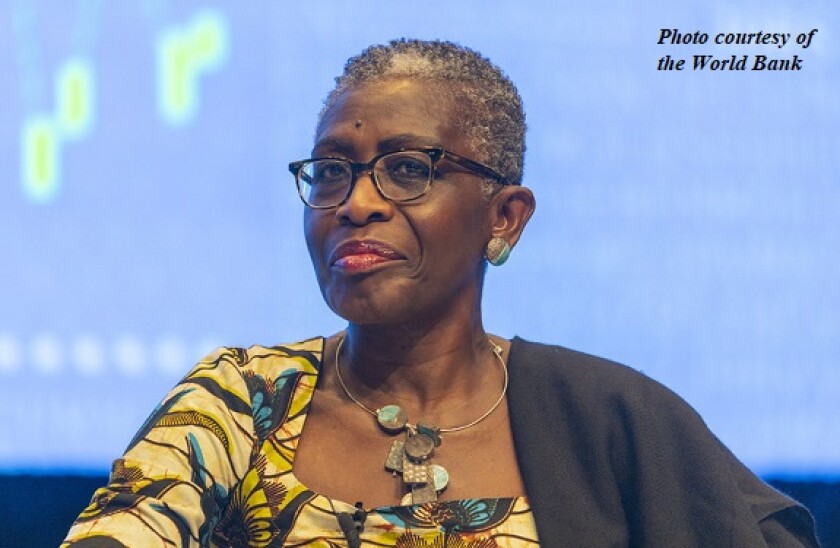The International Monetary Fund must work with civil society organisations to prevent the misuse of $16bn of funds disbursed to Sub-Saharan African sovereigns to help them tackle the impact of the pandemic, according to leading experts.
Since the start of the crisis, the IMF has disbursed more than $31bn in emergency funding to 76 countries, 33 of which are in Sub-Saharan Africa. Similarly, the fund has provided debt relief to 29 of its poorest member countries, 22 of which are in Sub-Saharan Africa.
However, in a region notorious for the misuse of public funds, promoting the effective use of emergency pandemic financing is now a critical concern.
The IMF issued a stern warning to recipients of emergency funding in Sub-Saharan Africa on Monday, during an IMF Capacity Development panel on promoting the effective use of Covid-19 financing in the region.
“Our message to governments is spend what you need to, but keep the receipts,” said Antoinette Sayeh, deputy managing director of the IMF. “We are balancing the need for emergency financing against appropriate governance, accountability and transparency to ensure help reaches those in need.”
Some worry that for many policymakers and individuals in the region, the crisis poses an opportunity to misappropriate public funds.
“We have already started hearing allegations of corruption regarding the use of Covid emergency funds,” said Beauty Emefa Narteh, executive secretary of the Ghanaian civil society organisation, Ghana Anti-Corruption Coalition, who referenced the notorious cases of funding abuse in West Africa during the Ebola crisis, where money was lost through the payment of salaries to non-existent aid workers.
Limited conditionality
“Conditionality has been limited in terms of rapid financing facilities by design, because this is a moment of solidarity and countries are in dire need. So we had to move quickly and the expectation we have is that resources would be used transparently and would be subject to audits,” said Abebe Aemro Selassie, director of the IMF’s African department.
With African growth expected to decline sharply this year, concerns are mounting. The IMF expects Sub-Saharan Africa’s GDP to contract by 3% in 2020, according to its World Economic Outlook that was released on Tuesday.
Growth in the region is expected to return to 3.4% in 2021, but with great uncertainty surrounding the timeline of a coronavirus vaccine and the fall in oil prices, it will be difficult for growth to reach pre-crisis levels before 2022.
The lack of transparency surrounding facility proceeds provides ample opportunity for corrupt policymakers to fill their own pockets, as few governments are publishing details of fund usage, such as whom procurement contracts are awarded to.
